Facing The Facts About The UK’s Food Waste
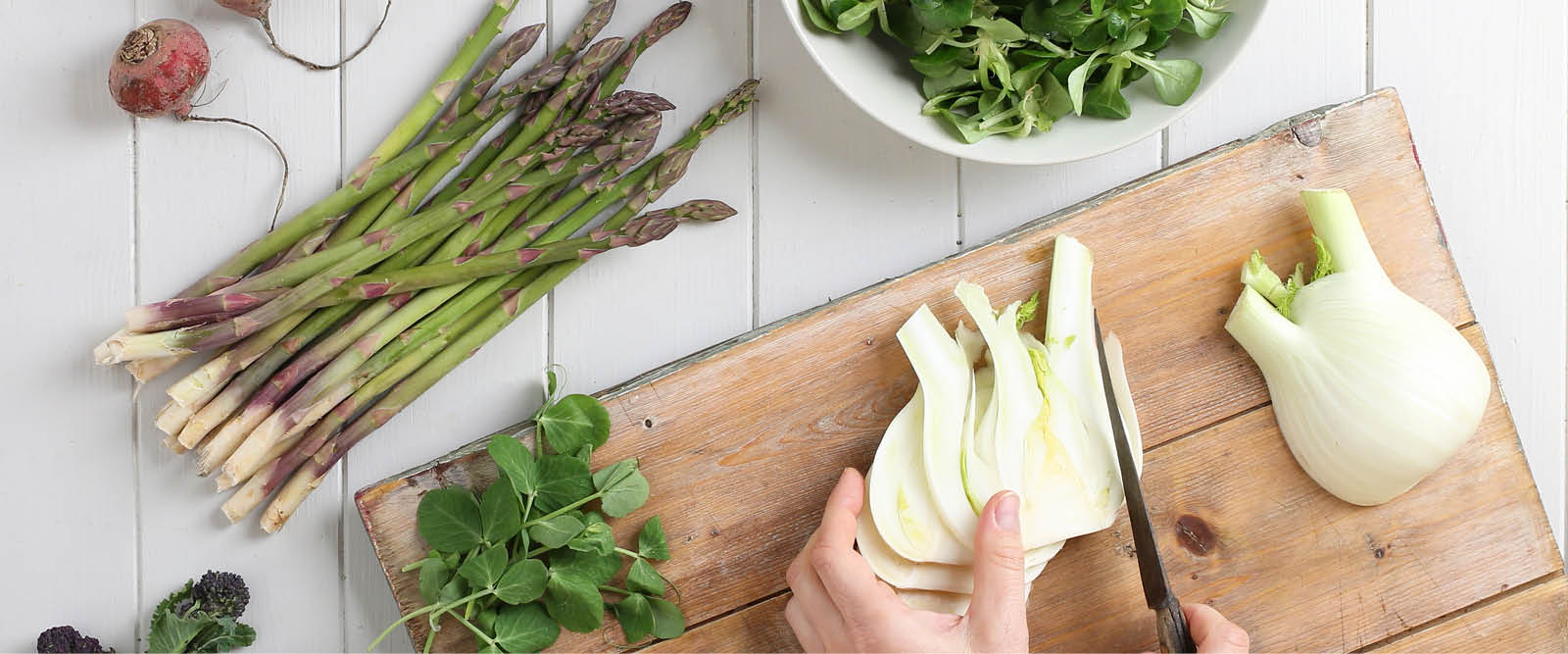
-
1. Food waste is responsible for 8% of the UK's total greenhouse gas emissions
-
2. Most of the UK's post-farmgate food waste comes from households
-
3. The biggest UK retailers send less than 10% of their unsold food to feed people
-
4. Home delivery meal kits with pre-portioned ingredients have a much lower carbon footprint than the same meal purchased at a grocery store, and can help fight food waste
-
5. You can freeze eggs to help fight food waste
-
6. A cucumber wrapped in plastic lasts up to five times longer than an unwrapped cucumber
-
7. The most wasted food item in the UK is the potato
-
8. Food is more likely to be wasted when served on paper plates
-
9. In 2018, UK homes threw away 27% less edible food than we did in 2007
-
10. Over lockdown, UK households reduced their food waste by 43%
With its massive carbon cost, food waste is a significant driver of climate change. As well as the energy and resources that are required to grow, harvest, transport and store food, there are also the carbon emissions from its disposal to consider. When food waste that ends up in landfill decomposes, it produces methane: a greenhouse gas up to 84 times more potent at heating our planet than carbon dioxide.
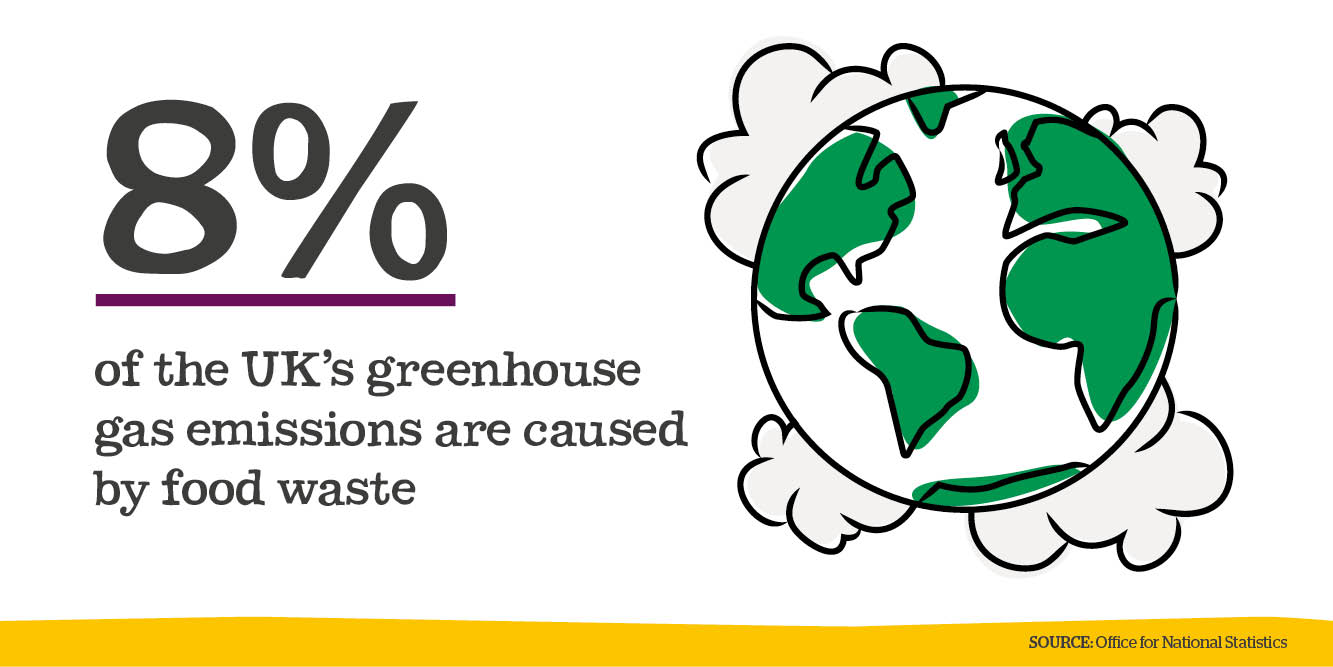
There are lots of parts to food systems that produce edible waste, from unpicked veg in the fields to unsold sandwiches in shops. ‘Post-farmgate' waste focuses on the food that's thrown away after it has left the farm, and it's calculated that in the UK 70% of this happens in our homes.
Fortunately, there are lots of simple actions we can all take to help cut back on food waste at home, like finding uses for every part of the food we buy. You can find inspiration to make all of those odds and ends delicious in our food waste-fighting recipe collection.
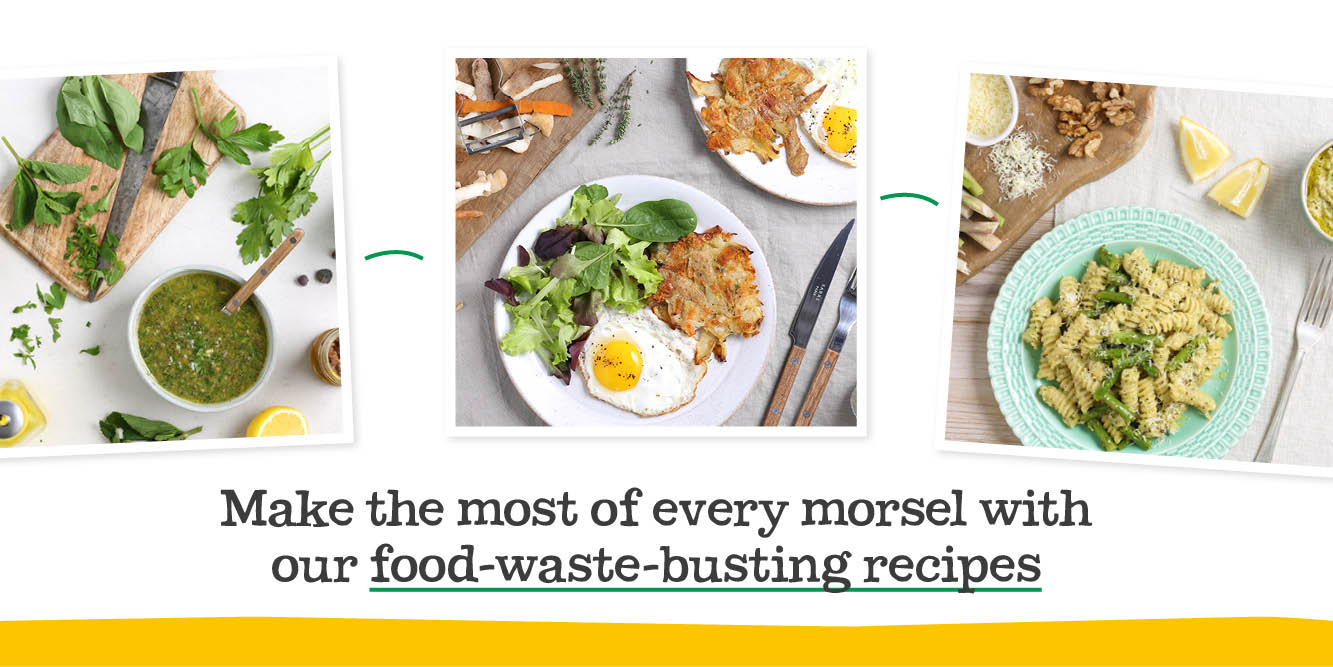
Although more edible food is wasted in the home than anywhere else, there is a still lot more that retailers and the hospitality industry can do to help. A recent investigation has uncovered that out of the 282,338 tonnes of food unsold by the biggest retailers (typically for being too near its expiry date), just 24,242 tonnes was redistributed for human consumption. Even if 80,000 more tonnes could have been sent to charity, this would have amounted to a potential 190 million meals for people experiencing food insecurity.
We're committed to helping fight food poverty in the UK, and are incredibly proud to see our One Box: One Portion initiative continue to grow. Launched in January 2022 to help support those experiencing food poverty or insecurity, we donate a portion of fresh, organic fruit or veg to one of our amazing charity partners, for every Fruit & Veg Box you enjoy. As I write this (May 2022), over 330,000 portions of nutritious fruit & veg have already been donated with your help!
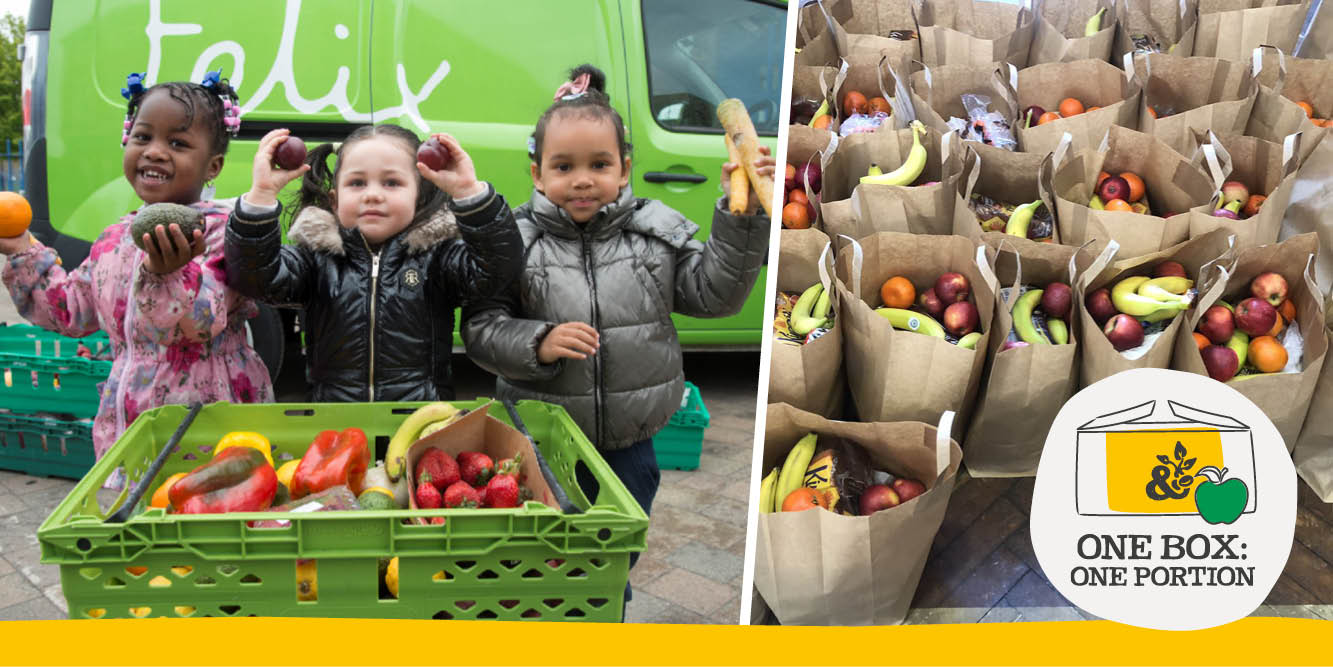
When every step of the process has been considered, from how the ingredients were farmed to the disposal of the packaging, the average greenhouse gas emissions for delivered meal kit dinners amount to a third lower than their grocery-bought equivalents.
Although the amount of packaging included in some meal kits can be a concern, researchers at the University of Michigan found that the reduction in food waste from their pre-portioned ingredients makes a bigger difference to the kit's environmental impact.
We've taken this even further with our Meat-Free Meal Kits – everything you need to whip up delicious, veggie or vegan dinners is carefully pre-portioned by our team and delivered to your door in returnable packaging. All with 63% less carbon per plate on average. This just shows that making a simple switch at dinnertime can have a huge impact on our planet.
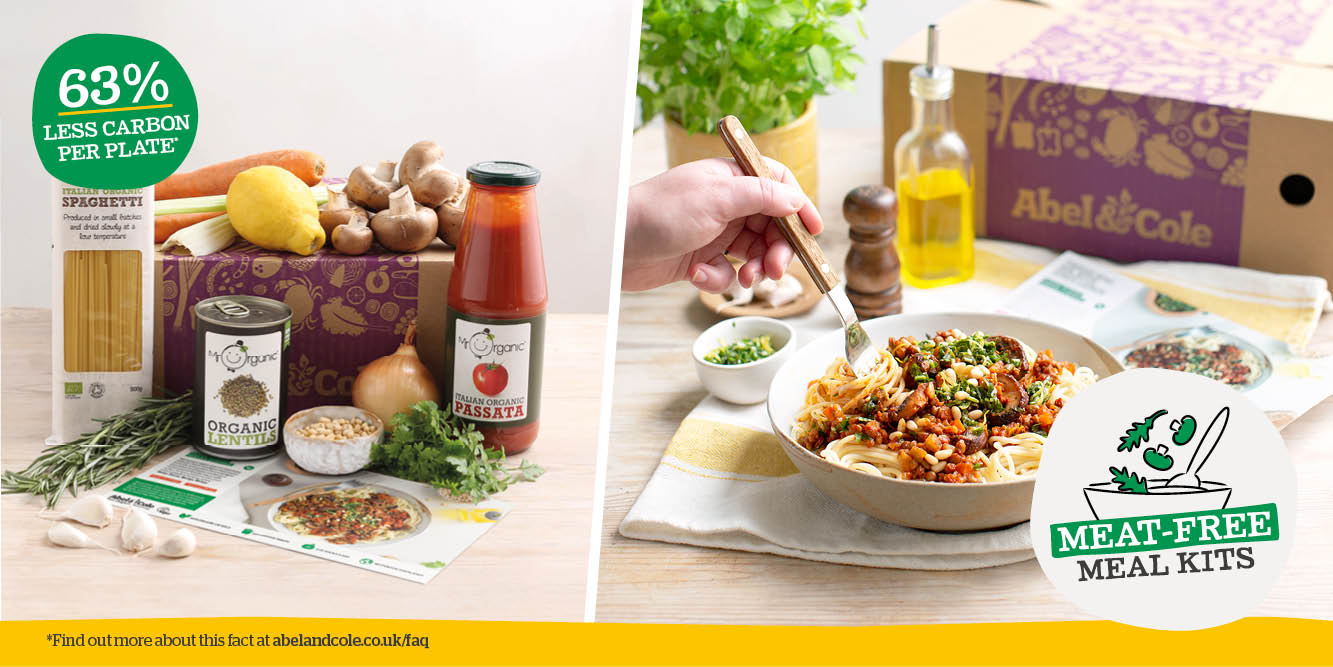
Although the UK has made good progress on reducing its food waste, there's still plenty of room for improvement – including with how we use our eggs! As a country, we're still wasting three times more eggs than we did in 2008, to the tune of 720 million a year.
TOP TIP: If your eggs are nearing their use-by date, you can separate the yolks and whites and freeze them. Did you know you can freeze cheese too? Grate it up, pop it in the freezer and take a handful whenever you need a cheesy topping for your pizzas, pasta dishes and more.
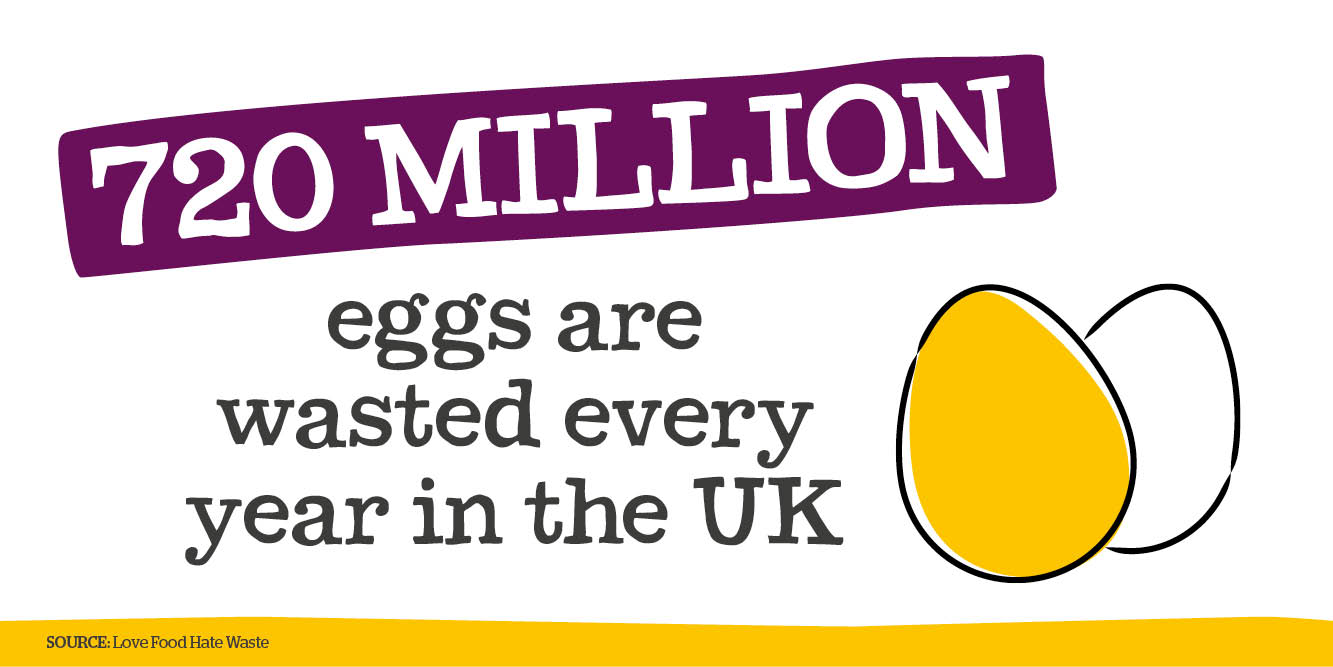
While the level of plastic waste in the UK needs to be addressed urgently, the material does play an important role in extending shelf lives when used responsibly. For example, by preventing dehydration and damage, the packaging on some cucumbers can extend their useable life from 5 to 14 days.
TOP TIP: Another solution to prevent food waste is to grow cucumbers with thicker skins. So if you're searching for a packaging-free alternative, why not try our crunchier, organic ridge cucumbers?
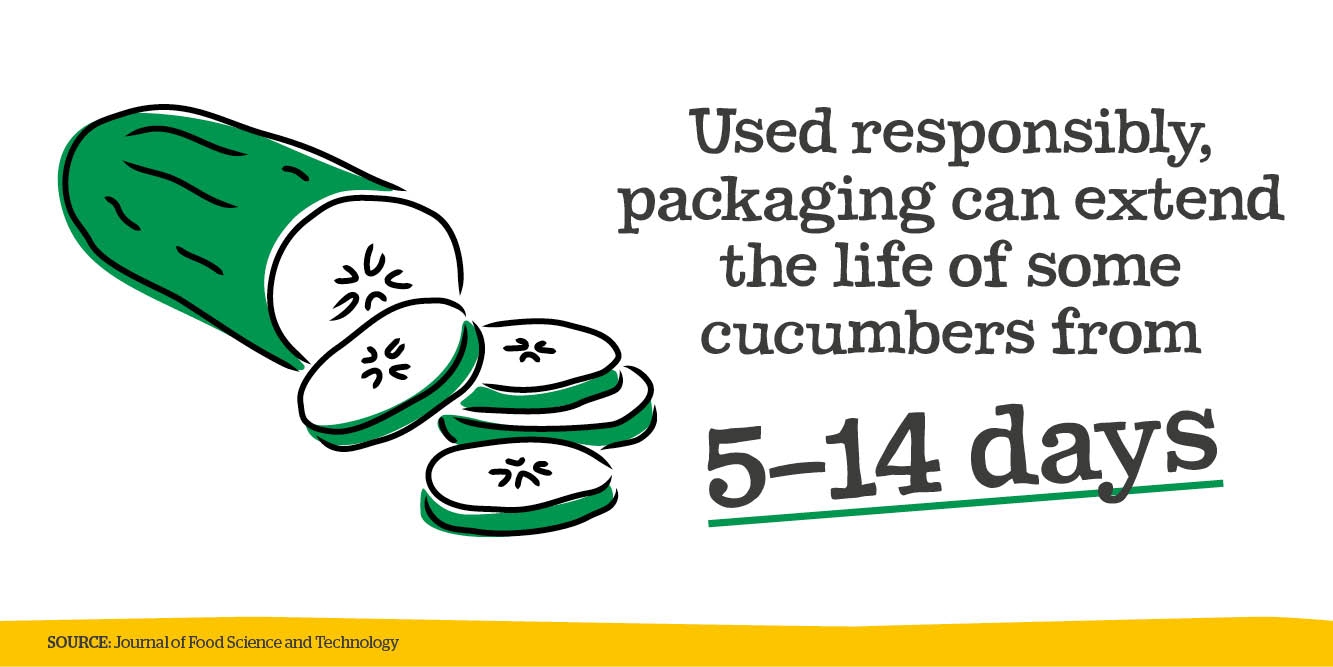
Every day, 4.4 million fresh potatoes are thrown away by UK homes, amounting to 1.6 billion wasted potatoes every year.
TOP TIP: To prevent food waste, keep your potatoes cool, dry, dark and well ventilated, preferably away from onions. If they start to look past their best, boil them for five minutes and pop them in the freezer to roast another day.
Stuck with a glut of spuds? Check out our recipe collection for delicious ways to use up your potatoes, peelings and all.
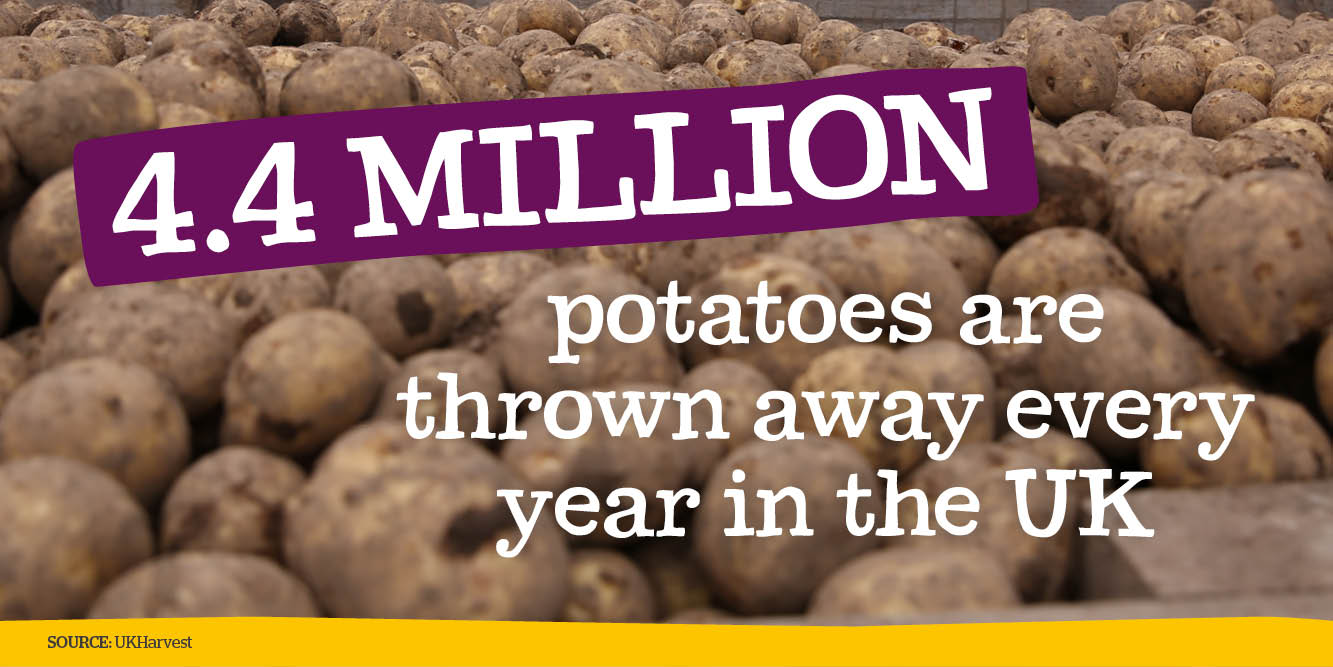
Researchers have found that food served on paper is more likely to be seen as disposable. So if you're hosting a party, serve up your dishes on proper plates to help keep good food out of the bin.
And if you want to cut even more single-use packaging from your shop, then why not explore our Club Zero range of refillable pantry staples? From organic pasta to palm oil-free chocolate buttons, we'll deliver these organic picks to your door in reusable, returnable and refillable pots each week.
Even better, you can store your Club Zero essentials in our clear Le Parfait storage jars – so you can see exactly what you've got in stock and when you need to top up. Helping you cut back on food waste easily.
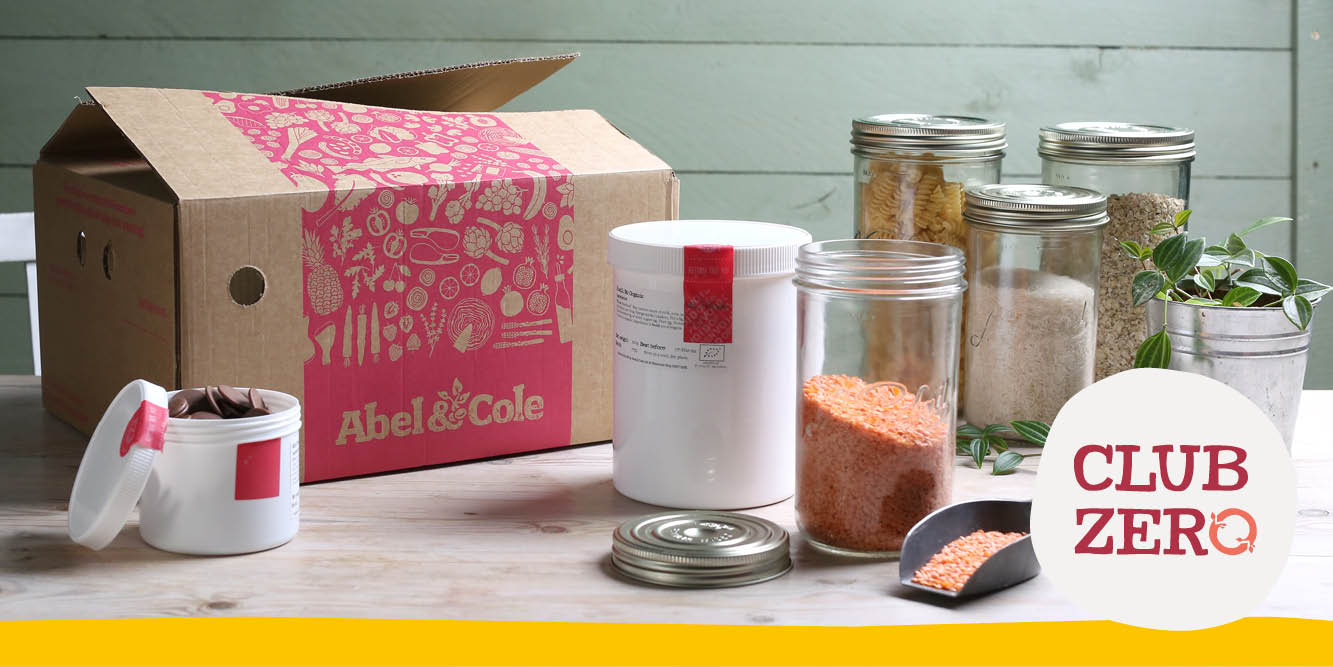
From 6.1 million tonnes in 2007, to 4.5 million tonnes in 2018, this reduction shows that the UK is already halfway to meeting its commitment to reduce per capita food waste by 50% by 2030. A promising sign that things are heading in the right direction.

Brilliantly, in a survey of over 4,000 households, WRAP uncovered that better planning, food storage and creativity led to 43% less food being thrown out over the lockdown periods.
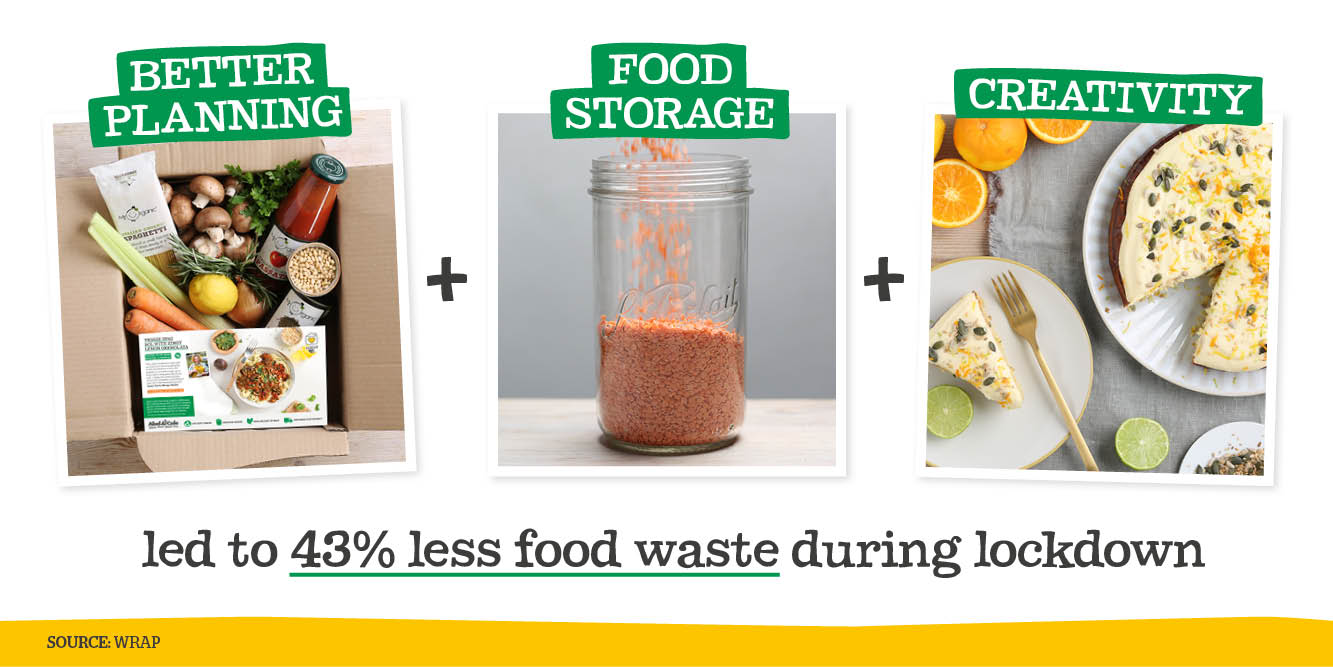
Although some of these food waste facts may seem daunting, there's plenty we can do to tackle the issue together and build a brighter future for all. Reducing food waste is one of our number one priorities, so we'll continue to innovate simple and sustainable ways to help you cut back even further on food waste at home.
Published May 2022


